Function object vs Function instance object
First of all, in javascript, a function is also an object. From this, I mean not the object created by new () construct, but the function itself. To avoid confusion, I would refer such objects as Function object, and for object created using new () construct of a function as Function instance object.
_ proto _ and prototype properties
Any function object in javascript has two properties: _ proto _ and prototype. Moreover, any Function instance object (created using new constructor) has a property _ proto _ . The _ proto _ is what defines the inheritance. Some good resource on this could be found at
http://zeekat.nl/articles/constructors-considered-mildly-confusing.html
How is inheritance defined?
An object objA inherits another object objC if objA and objC are connected through any number of _ proto _ . So if objA has _ proto _ equal to objB, and objB has _ proto _ equal to objC, then objA inherits objB and objC, while objB inherits objC.
What is meant by inheritance?
It means any inheriting object can use any property of inherited object.
What is Function.prototype
It is the object whom _ proto _ of every function object refers. This means every Function object has access to properties of Function.prototype, since every Function object inherits Function.prototype object. This also means that if method property is added to Function.prototype object, it would be available to all the possible Function objects in javascript. This includes Strings, Number, etc.
this.prototype[name] = func;
this refers to Function object when the 'method' is invoked from Function objects like Number, String, etc. Which means that we now have a new property in Function object with name "name", and its a function 'func'.
What good is prototype property of Function object
A function object's prototype is referred to by the Function instance object's _ proto _ created using that function's new construct.
If the following was executed:
Number.method('integer', function () {...});
then Number.prototype has that integer method defined in it. This means each Number function instance object, e.g. new Number (2.4), would "inherit" this new property 'integer' from Number.prototype, since that Number function instance object would have its _ proto _ set to Number.prototype.
